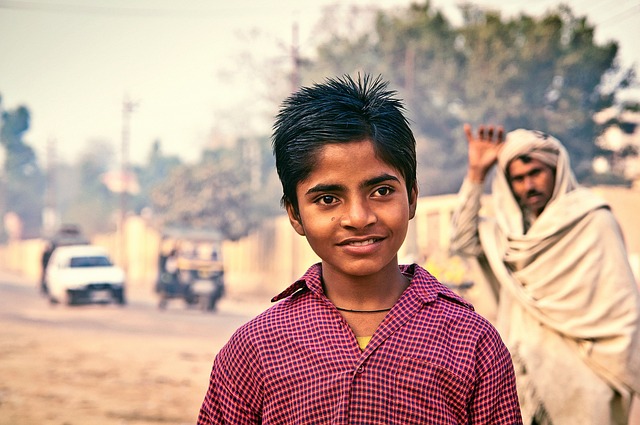Former Teen Challenge participants are speaking out against the program, alleging abuse and manipulation within its isolated, military-style environment. These survivors' stories highlight potential long-term psychological harm, particularly for vulnerable teens with mental health or traumatic histories. Their narratives urge a focus on mental well-being in youth development, cautioning against approaches like Teen Challenge that may have unforeseen consequences.
“Unveiling the hidden costs of Teen Challenge, a program once celebrated for its youth rehabilitation efforts, survivors are now speaking out against its controversial methods. This article delves into the ‘Dark Underbelly’ of Teen Challenge, exploring real-life stories and experiences that challenge its effectiveness. We examine the potential impact on young minds and the power of survival as former participants share their journeys. By shedding light on these narratives, we aim to spark conversations about alternative approaches to youth rehabilitation.”
- Exposing Teen Challenge's Dark Underbelly: Survivors Speak Out
- The Impact of Teen Challenge Programs on Young Minds
- Navigating Trauma: Survivors Share Their Stories of Resilience
Exposing Teen Challenge's Dark Underbelly: Survivors Speak Out

Many former participants and supporters of Teen Challenge, a Christian-based youth organization, are now speaking out against the group, exposing what they say is a dark underbelly to its seemingly wholesome mission. These survivors share harrowing stories of abuse, manipulation, and emotional exploitation that took place within the program’s confines.
They claim that the intense, military-style discipline and strict isolation from external influences often led to severe mental health issues, eating disorders, and even self-harm. The anonymous testimonies paint a concerning picture, suggesting that Teen Challenge’s focus on spiritual transformation may have inadvertently caused lasting psychological damage to vulnerable teenagers.
The Impact of Teen Challenge Programs on Young Minds

The Teen Challenge programs, aimed at helping at-risk youth through outdoor adventure and spiritual guidance, have garnered significant attention for their intense and often controversial methods. Critics argue that these programs can inadvertently cause lasting psychological harm to participants, especially those with pre-existing mental health conditions or traumatic backgrounds. The high-pressure environment, which encourages emotional vulnerability and intense physical challenges, can trigger distressing memories or exacerbate existing disorders.
Survivors have shared their stories of struggle and recovery, highlighting the potential for both positive transformation and negative consequences within these programs. While some claim to have found spiritual solace and personal growth, others speak of feeling isolated, manipulated, or even traumatized by the experience. Understanding the impact on young minds is crucial, as it underscores the need for more nuanced approaches in youth development and rehabilitation that prioritize mental health and well-being.
Navigating Trauma: Survivors Share Their Stories of Resilience

Many survivors of Teen Challenge programs are now speaking out, sharing their stories of resilience and navigating trauma. These individuals, once caught in a cycle of abuse and manipulation, have found the strength to break free and share their experiences publicly. Their narratives offer hope and insight into the profound impact these organizations can have on vulnerable youth.
Through their words, survivors highlight the challenges they faced within Teen Challenge, including emotional manipulation, isolation from support networks, and the perpetuation of harmful beliefs. Yet, despite these obstacles, they emphasize the power of sharing their stories as a form of healing and empowerment. By coming forward, they aim to raise awareness about potential red flags and provide guidance for others who may be considering or experiencing similar situations.
Survivors’ courageous stories highlight the need for transparency and reform within Teen Challenge programs. By sharing their experiences, these individuals are not only fostering awareness but also advocating for a healthier, more supportive environment for at-risk youth. It is imperative that we listen to their voices and work towards ensuring the well-being and resilience of young people, free from exploitation or abuse.
